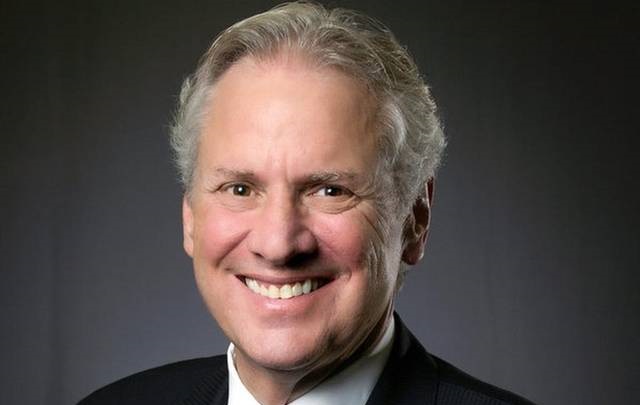Churches are essential. That’s the message the state of South Carolina is sending with a new law declaring that to be the case.
During the height of COVID in 2020, numerous states made a mind-boggling decision to declare abortion clinics essential while closing down churches. The irony of saying killing babies was essential while worshiping God was not caused a tremendous outrage among pro-life Christians nationwide.
To ensure churches are never shut down again, Reps. Richie Yow and Sens. Billy Garrett and George Campsen filed HB 3105, a bill that ensures churches and other religious organizations are allowed to remain open during a state of emergency on the same or better terms as other businesses and services:
Now, South Carolina Gov. Henry McMaster has signed the bill into law.
Alliance Defending Freedom Legal Counsel Greg Chafuen applauded the governor for signing the legislation in a statement to LifeNews:
“Houses of worship and religious organizations provide soul-sustaining operations that are essential to our society and protected by the First Amendment. While public officials have the authority and responsibility to protect public health and safety, the First Amendment prohibits the government from treating houses of worship and religious organizations worse than shopping centers, restaurants, or gyms. This bill takes the modest step of ensuring that officials cannot use a public crisis to discriminate against religious operations in violation of the Constitution. We commend Gov. McMaster and the South Carolina Legislature for taking action to defend religious freedom in South Carolina.”
The bill conforms with high court rulings that affirm the rights of churches and Christians.
Follow LifeNews on the MeWe social media network for the latest pro-life news free from Facebook’s censorship!
The U.S. Supreme Court stepped in to affirm religious freedom after a number of states put restrictions on churches not levied on similar secular gatherings. The Court found California and New York violated the U.S. Constitution by discriminating against religious houses of worship. Justice Neil Gorsuch stated, “Government is not free to disregard the First Amendment in times of crisis.”
The Supreme Court has upheld the Free Exercise Clause of the First Amendment many times writing, “The Constitution forbids laws that prohibit the free exercise of religion. That guarantee protects not just the right to be a religious person, holding beliefs inwardly and secretly; it also protects the right to act on those beliefs outwardly and publicly.”2 Also, “The Free Exercise Clause of the Constitution guarantees religious believers—at a bare minimum—equal treatment under the law.”3
Religious houses of worship and organizations provide extensive benefits to our country, not only in meeting the spiritual needs of our populace, but also supporting social services, health care, and economic activity. Religion contributes $1.2 trillion annually to the nation’s economy and society. This includes charitable activities, health care, educational services, and millions of volunteer hours in programs that help the poor, individuals struggling with addiction or mental illness, and even job training programs.
It generally prohibits the government from discrimination against a religious organization because of its religious identity or practices, thus codifying the recent U.S. Supreme Court decisions in Trinity Lutheran Church of Columbia, Inc. v. Comer and Espinoza v. Montana Department of Revenue.








